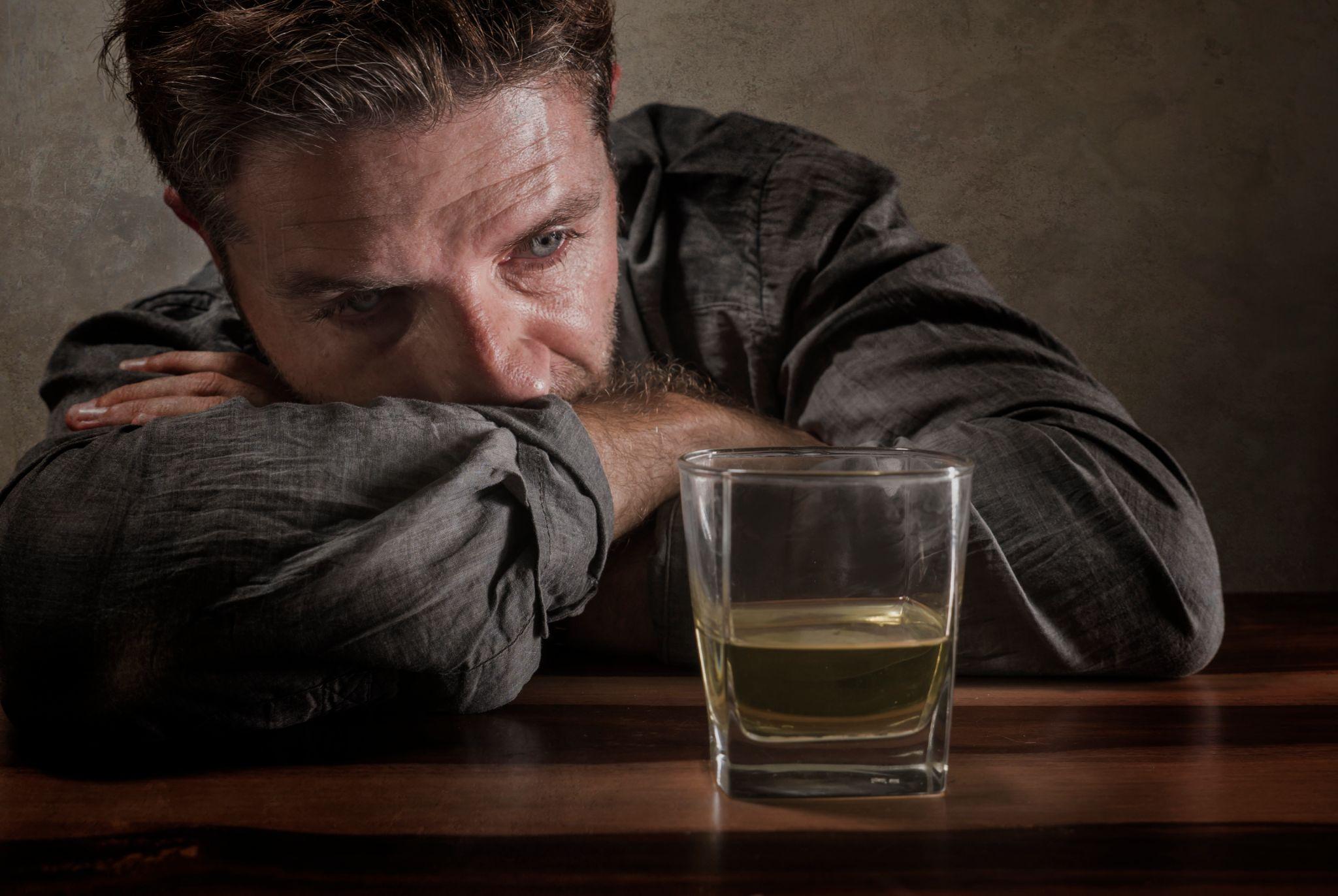Addiction is surrounded by numerous misconceptions and myths that can create barriers to effective support. These false beliefs contribute to stigma and may prevent many from seeking the help they need.
Below, we’ll be debunking some of the most prevalent myths about addiction to focus on a more accurate and compassionate perspective on substance use disorders. By dispelling these misconceptions, we can encourage a more supportive approach to addiction treatment and recovery.
Myth 1: Addiction is a choice.
The assumption that addiction is a simple choice is unscientific and unfounded. Social context, stress, and trauma, along with genetic predisposition and mental health disorders, can play crucial roles in the development of addiction, making it far more complex than a mere decision.
For example, numerous studies have shown a strong correlation between adverse childhood experiences (ACEs) and the likelihood of developing substance use disorders. Childhood trauma is not a choice, and addiction can often be an attempt to soothe this pain. Traumatic experiences can alter brain physiology, predisposing individuals to addictive behaviors.1
Myth 2: Prescription drugs are non-addictive.
The notion that prescription drugs are inherently non-addictive is misleading. Many types of prescription medications, including anti-anxiety medications (anxiolytics), pain medications (opioids), antidepressants, stimulants, and depressants, carry significant risks of addiction and dependence.
For example, opioid painkillers, often prescribed for chronic pain, have a high potential for addiction. The misuse of these drugs has led to a widespread opioid epidemic. Similarly, anxiolytics like benzodiazepines are effective for short-term anxiety relief but can be highly addictive if used long-term.
Antidepressant use has surged in recent years, and while they are not typically considered addictive in the traditional sense, discontinuing them can lead to severe withdrawal symptoms. Stimulants, often prescribed for ADHD, can be addictive and are sometimes misused for their euphoric effects. Depressants, such as barbiturates and sleep medications, also carry a risk of dependence and addiction.
The brain adapts to the presence of these medications, leading to physical dependence. When the drugs are no longer available, withdrawal symptoms can occur, sometimes severe and potentially life-threatening. Gradual tapering under medical supervision is crucial to mitigate these risks.
Myth 3: Addiction is mainly a physical disorder.
While physical dependence is a component of addiction, it extends far beyond the purely physical. Cravings, triggers, and coping mechanisms stem from thoughts, emotions, and learned behaviors. Social factors like loneliness, trauma, and peer pressure also play significant roles in substance misuse. Many individuals struggling with addiction also face co-occurring mental health disorders such as depression or anxiety.
Effective treatment of addiction needs a comprehensive approach that addresses both the physical and psychological aspects.
Myth 4: Addiction only affects certain types of people.
Stereotypes and misconceptions about addiction can create a false sense of security, leading people to believe that only certain individuals are vulnerable. The truth is that addiction knows no boundaries—it can affect anyone, regardless of age, race, or socioeconomic status. The opioid epidemic in America has starkly shown that no one is immune, regardless of their background.
Acknowledging this truth enables us to prioritize prevention, early intervention, and accessible treatment for everyone.
Myth 5: Addiction and mental health issues are separate and unrelated problems.
Several studies have demonstrated that individuals with mental illness are approximately twice as likely to develop a substance abuse disorder. According to the National Institute on Drug Abuse, although mental illness does not always result in drug or alcohol abuse, there are significant connections between substance use, addiction, and mental health conditions.2
This co-occurrence of disorders is referred to as “dual diagnosis,” where both conditions are present concurrently.
Myth 6: You can just quit drugs or alcohol if you have enough willpower.
Most people who rely solely on willpower to stop using substances will fail at some point. Alcohol and drugs can profoundly alter the brain’s natural reward pathways. The belief that individuals can quit whenever they want overlooks these complex chemical changes, which erode self-control while sending intense impulses to use drugs.
Maintaining sobriety requires more than willpower—it involves intensive treatment, ongoing self-work, and sometimes medications to prevent relapse.

Myth 7: If you completely detox from a substance, you’re no longer addicted.
Detoxification is a crucial first step in addiction treatment, but it is not a cure. Addiction encompasses complex psychological, emotional, and behavioral aspects that detox alone cannot address. Sustained recovery necessitates ongoing treatment for the psychological and behavioral facets of addiction beyond detox.
Myth 8: You have to hit rock bottom before getting help.
The idea of “hitting rock bottom” is a dangerous illusion. The best time to seek help for substance dependency is as soon as there is the slightest concern. The misconception that one must be at their worst before seeking help increases the risk of accidental overdose. Just as one shouldn’t wait until diabetes requires dialysis to start insulin, addiction should be treated as a disease from the outset.
Myth 9: Relapse means failure.
Relapse does not mean failure. Fighting addiction is one of the toughest battles anyone can face. A relapse does not signify weakness or permanent failure. These thoughts can lead to feelings of worthlessness, shame, guilt, and self-hatred, which hinder recovery.
If relapse occurs, it should be seen as a bump in the road, an opportunity to get back on track without judgment or shame. A relapse experience can increase awareness of triggers and strengthen coping skills for the future.
Myth 10: Addiction treatment is basically the same for everyone.
Addiction treatment isn’t universal—it must be tailored to address individual triggers and stressors. Mental health symptoms and trauma heavily influence addiction, emphasizing the need for personalized treatment plans that are regularly reassessed and adjusted for optimal results.
Personalized approaches consider various factors, including the type of substance used, co-occurring mental health disorders, and the individual’s unique life circumstances.
Myth 11: Medication-assisted treatment is just replacing one addiction with another.
Medication-assisted treatment (MAT) medications like buprenorphine or methadone are prescribed by medical professionals, closely supervised, and carefully dosed. Research consistently demonstrates that MAT significantly lowers relapse and overdose risks. By stabilizing brain chemistry and curbing cravings, MAT empowers individuals to rebuild their lives free from the persistent battle against withdrawal symptoms. MAT supports recovery by allowing individuals to focus on therapy and other aspects of their lives without the constant struggle against cravings and withdrawal.3
Myth 12: Relapse prevention is only about avoiding substances and triggers.
Relapse prevention goes beyond merely avoiding substances and triggers—it’s a holistic approach centered on personal growth, resilience, and overall well-being in recovery.
Developing a tailored plan, informed by an individual’s substance use history, shifts focus from purely clinical aspects to personal development. This empowers individuals to strive toward self-improvement, inspiring growth rather than perpetuating a struggle against substances.
Experience Healing at Lumina Recovery
Lumina Recovery offers compassionate, comprehensive addiction treatment, including inpatient and outpatient care, and medication-assisted treatment (MAT). We are committed to empowering lives and creating change through personalized recovery plans that address the physical, emotional, and psychological aspects of drug and alcohol addiction.
Reach out to our team today—it’s never too late to seek help! We are dedicated to providing you with the support and healing you deserve.
Sources:


